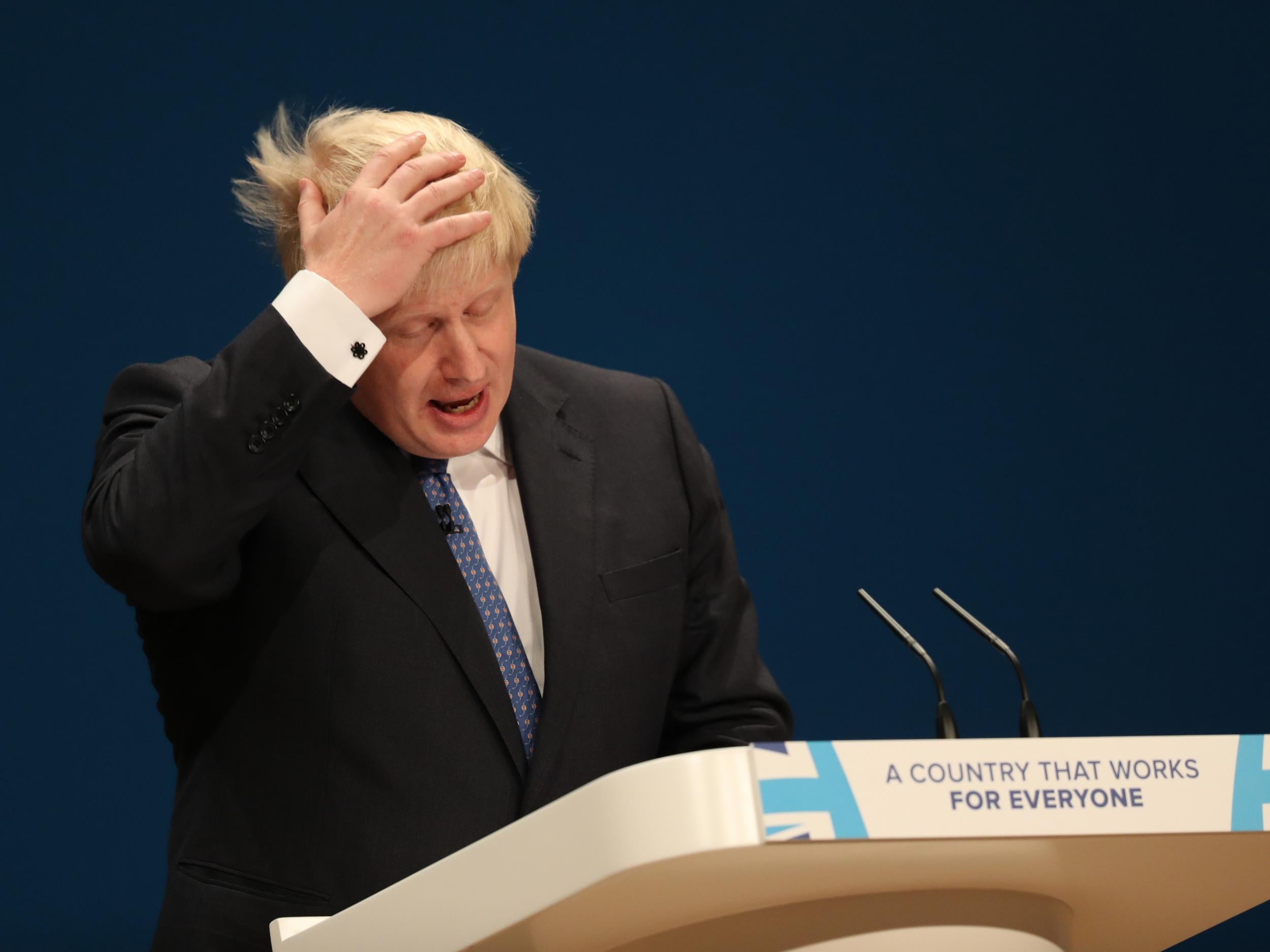It's ironic and outrageous that the Brexiteers who talked about 'power for the people' don't want Parliament to have a say
Involving Parliament properly would help to heal the referendum wounds, rather than rub salt in them by acting as if the result had been 90-10 for Brexit rather than 52-48. But apparently pro-Brexit MPs don't support that anymore


Politics has gone topsy-turvy. George Osborne, Nicky Morgan and Anna Soubry, who sat in the Cabinet until three months ago, now look isolated on the Tory backbenches as they argue for the closest possible economic links with the EU after Brexit. They appear just as lonely as Conservative Europhobes did during their long years in the wilderness.
Remarkably, the “rebel Eurosceptics” whose great cause was to restore the UK Parliament’s sovereignty over “Brussels”, do not actually want MPs to have a real say over Britain’s aims in the negotiations. At last week’s Tory conference, the hardliners were convinced by Theresa May that she is heading for a “hard Brexit” outside the single European market. As one former champion of Parliament’s supremacy told me: “We have won. Why would we risk upsetting that? I am sure Parliament will endorse the Prime Minister’s deal – at the end of the process.”
Similarly, the Cabinet’s Three Brexiteers who campaigned to restore the power of Parliament have gone strangely quiet on the issue. In February, David Davis said his primary reason for backing Brexit was political, not economic, so the UK could “recover control of her own destiny.” He said David Cameron’s EU renegotiation “offers no confirmation of Parliament’s sovereignty.”
Liam Fox said: “I voted to leave in this referendum because I wanted control of our own law-making; I want to be a properly democratic country and I want the elected parliament at Westminster to be the place that decides our laws.” Announcing his surprise conversion to Brexit in March, Boris Johnson said EU membership increasingly called into question “parliamentary democracy – the way the people express their power.”
That was then; the Three Brexiteers are the new establishment now. They must parrot May’s line that MPs and peers who seek to influence the deal are trying to “subvert democracy” and “the will of the people”. This is ridiculous. True, a few Europhiles still dream that the UK will somehow see sense and remain in the EU. But the overwhelming majority of politicians who backed Remain now accept that the real question is on what terms we leave. May has unilaterally interpreted the Brexit vote as a single message: to curb migration. Of course that was a big factor, but not the only one. The public did not vote to leave the single market.

Thankfully, the Tory conference galvanised MPs in all parties to try to halt the runaway train marked “hard Brexit”. Ed Miliband, Nick Clegg (who knows what he’s talking about as a former European Commission trade official), the SNP and the Greens have joined forces with Tory MPs. After virtually ignoring the biggest issue facing the country, the Labour frontbench is finally getting its act together. Jeremy Corbyn even raised Brexit at Prime Minister’s Questions for the first time on Wednesday. Later Sir Keir Starmer, the new shadow Brexit Secretary, made a powerful plea for “scrutiny and accountability” when Labour staged a Commons debate on Parliament’s role. “There is no mandate for the terms,” he argued.
The debate flushed out Tory dissent about May’s dictatorial approach – even among some who backed Leave, further undermining the claim that this is all a plot by “Remoaners”. To head off a Tory rebellion, the Prime Minister was forced into a tactical retreat, and to accept a Labour motion calling for MPs to “properly scrutinise” the Government’s “plan for leaving” before Article 50 is invoked to kickstart negotiations. In the debate, Davis conceded that Parliament would have input “at the strategic level” but at PMQs, May deliberately stopped short of promising a Commons vote on her goals. Nor will the Government publish 50 sectorial reports on the possible impact on business, as the “soft Brexit” pressure group Open Britain rightly demands. A planned Green Paper on Brexit has mysteriously vanished.
May will doubtless hide behind a line in the Government’s amendment saying that Commons scrutiny must “not undermine” her negotiating position. All the signs are that she intends to present a take-it-or-leave-it deal to Parliament at the end of the two-year process.
At the Tory conference, May claimed that “divisions will become entrenched” if politicians do not deliver the change people demanded in the referendum. But May is delivering Brexit and the real danger is that she prolongs the referendum’s divisions by stifling debate. If she wants to restore trust in politics, giving MPs more power over the executive would help. A welcome trend in that direction – MPs must now approve military action, for example — has been halted by May.
With a small Commons majority, she might fear messy defeats. But there is no doubt that MPs would vote to trigger Article 50 rather than to sabotage Brexit; they are not stupid enough to deny their constituents' wishes. Involving Parliament properly would help to heal the referendum wounds, rather than rub salt in them by acting as if the result had been 90-10 for Brexit rather than 52-48. May's stance has allowed the two referendum camps to rejoin battle as “hard Brexit” and “soft Brexit” – hardly the “national consensus” ministers say they want to build. A negotiating mandate agreed by Parliament would strengthen May’s hand in the negotiations.
It is both ironic and outrageous that the Brexiteers who promised to restore the sovereignty of Parliament now deny it any real say on the Government's negotiating aims. The reason is obvious: if given the chance, MPs would vote to stay in the single market rather than wreck the economy.
Join our commenting forum
Join thought-provoking conversations, follow other Independent readers and see their replies
Comments
Bookmark popover
Removed from bookmarks